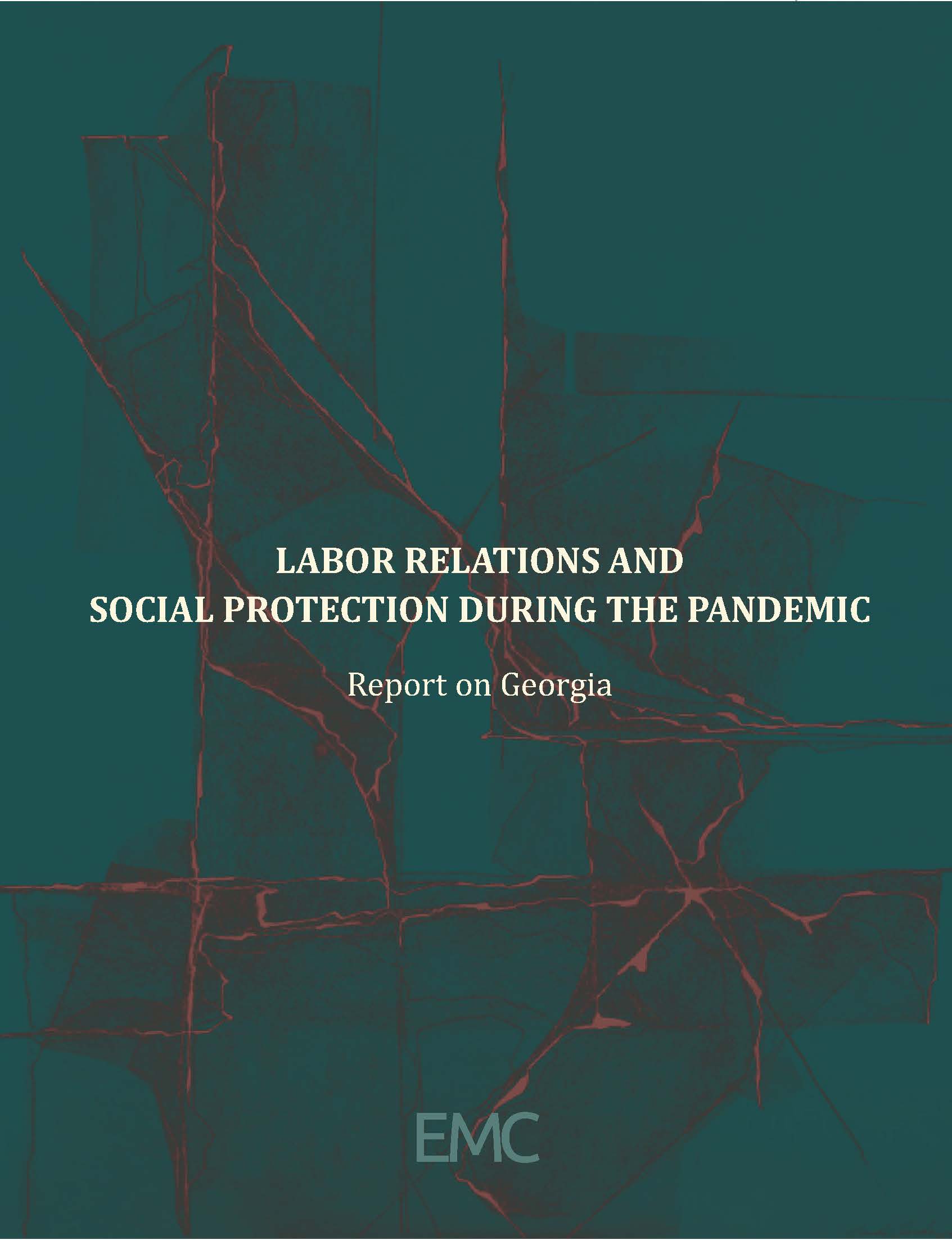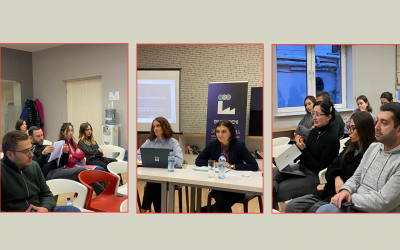The first case of COVID 19 in Georgia was detected on February 26. In about a month, on March 21, a state of emergency was declared throughout Georgia which lasted until the end of May. Economic restrictions were imposed, traffic between cities was suspended, and state borders were closed along with the declaration of the state of emergency.
According to the decree of the Government of Georgia of March 23, 2020, a number of economic activities have been restricted throughout the country during the state of emergency. The supply/sale of any goods/products was suspended with exceptions specified in the same decree, which were related to the retail sale of food, electricity, water, and natural gas, and the sale of medical products. Economic constraints have affected cultural institutions – theaters, cinemas, sporting events – and tourism-related sectors. The activities of restaurants, food service and entertainment establishments were also limited and only the so-called “Drive-Through” service was allowed. The amendment on March 30th allowed the banking and microfinance sectors to engage in economic activity. Agricultural work, tax system operators, and other economic activities important to the country were also cleared to reopen. The largest mining companies, industrial enterprises in Rustavi, garment factories, and telecommunication companies were allowed to continue working seamlessly. Under the same amendment, economic activities related to heating and cooling, customs warehouses, reclamation and irrigation systems and other maintenance activities were allowed to operate across the country.
Due to the imposed restrictions, the number of customers was meaningfully reduced, especially in places of high employment like the tourism and service sectors. Most employers faced the crisis completely unprepared with scarce material resources and weak communication channels with employees.1 The government provided fragmented and inconsistent state aid in lieu of a clear plan to save the economy. A large number of companies were unable to retain employees due to lack of means; while another part laid off employees en masse, reduced wages, or refused to pay wages in order to save money. The government found itself without effective instruments to protect essential workers during the ongoing crisis. Labor rights violations, as established by the Georgian labor laws, became widespread.
Informally employed workers also found themselves in a difficult situation. Their particular vulnerability was due to both the lack of labor legislation and social protection guarantees. In addition, the crisis has made it even clearer how important it is for the state to have information on the number of informal workers and their challenges in order to more effectively develop government anti-crisis measures and to neutralize disadvantages.
The population of Georgia was gravely unprepared for the economic crisis caused by the pandemic. Government policies and institutions were unprepared to provide systematic social support to affected individuals and families during the pandemic. Even the anti-crisis social policy developed at the government level was not enough to provide social protection for people with significantly reduced incomes or no incomes at all. Consequently, the challenges posed by the pandemic have once again highlighted the need for an in-depth analysis of the fundamental shortcomings of labor and social protection policies in Georgia.
The report is divided into five chapters. The first chapter presents the main findings of the report. The second chapter deals with the impact of the crisis on formally employed workers and analyzes the widespread practices of rights violations and the failures of labor legislation, institutions, and policies in the context of massive rights violations. Chapter three surveys the structure of informal employment in Georgia, the social and economic vulnerability of informal workers, and the resulting dire consequences of negligence by the state for years.
The fourth chapter assesses the anti-crisis measures taken by the state in regards to social protection and analyzes the shortcomings of the existing social protection system in light of the crisis, which, on the one hand, led to unpreparedness and insecurity of the population in the first place, and on the other hand, left the government without any effective instruments to ensure vital social protection. The last and fifth chapter is devoted to general recommendations on legislative and institutional reforms.
Available in Georgian and English.
This publication was prepared individually by a member organization of the Fair Labor Platform and does not necessarily reflect the position of the Fair Labor Platform and/or its other members.



